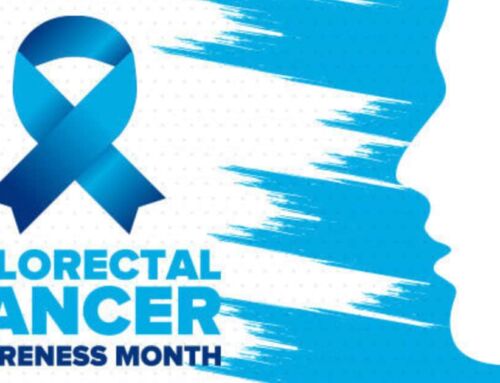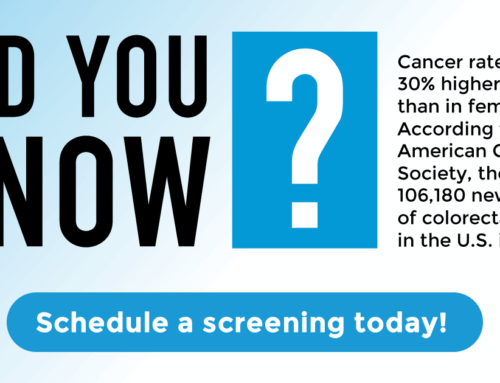I wanted to do a follow up on my recent blog post on “What Your Poop Says About You” by elaborating on some of the types of stool tests we as gastroenterologists in San Antonio TX may conduct on your stool. We base these stool tests on the symptoms a patient presents with, their medical history and a description of the changes in their stool. A stool analysis is a series of different stool tests done on your poop to diagnose certain conditions potentially affecting the digestive tract.
Why do I need Stool Tests in San Antonio TX
I realize that the idea of collecting a sample of your stool and bringing it to the lab can be an unpleasant thought to a lot of people. Rest assured that its no picnic for the person that has to analyze it either. Anyways, let’s move past the unpleasantries and focus on the benefits.
The data that we can obtain about your bowel movement from these stool tests make it worthwhile and necessary. The reason is that your stool contains bacteria and other substances that are present in your digestive tract. Just like drawing blood helps us diagnose systemic illnesses, collecting a stool sample helps us diagnose digestive disorders. By testing the levels of these different substances in your stool, gastroenterologists can work out what’s occurring in your digestive systems and work towards diagnosing your condition. The primary things your doctor will be looking for from the stool tests are:
- Identify diseases of the digestive tract, pancreas and liver
- Identify causes of your symptoms (like diarrhea, loss of appetite)
- Look for hidden (occult) blood, which could indicate polyps or colon cancer
- Look for parasites
- Check for malabsorption syndromes
How do I prepare for a Stool Test
Various foods, dietary supplements and medications can affect the results of some stool tests. I may ask you to avoid certain foods or medications to ensure accurate test results. My staff will go over all instructions with you prior to the test. Majority of the time there are no restrictions and you just proceed to the stool study. If you are due for a colonoscopy as part of your work up you can avoid “pooping in a bucket” and we can collect a stool sample with the scope during your exam while you are asleep. Much more pleasant. Try to avoid the following things for about 3 days prior to your stool test:
- Broccoli and turnips
- Red meat
- Pain relievers (e.g. aspirin and ibuprofen)
Which Stool Tests does Dr Russell Dean Havranek Use in San Antonio TX
There are many stool tests to pick from and my goal is to order the ones most likely to fit the condition we are trying to explore. This is a list of the most common ones I order:
Fecal Occult Blood Test – this tests for occult (unseen) blood in your stool and is used to work up things like anemia and colon cancer
Ova and Parasite Exam – this one is just like it sounds, we look for little parasites in your stool that, if present, can cause a whole host of problems
Stool Culture – this tests for bacteria growing in your digestive tract that doesn’t belong there
Fecal Fat – to much fat present in your stool can point towards malabsorption or pancreas problems
Clostridium difficile – this is an infection commonly associated with antibiotic use or being in the hospital. It is also common in patients with ulcerative colitis or Crohn’s
Elastase-1 – an abnormally low level of this enzyme can indicate pancreatic insufficiency and can lead to diarrhea
Fecal leukocytes – presence of leukocytes (white blood cells) in your stool can indicate inflammation or infection
Calprotectin – this is a test we use to help track the amount of activity or inflammation in patients with ulcerative colitis or Crohn’s
The Smell Test – just checking to see if your’e still reading
What Happens After the Stool Test
Once you drop your stool off at the lab it takes 5-7 days to start getting results back. Once they come back the results will be posted to your patient portal prior to our follow up appointment, so you will know the results before we see each other again. Then at your appointment we will go over the results, discuss what they mean and try to find some resolution for your problem. In order for us to get the best chance to find an answer for you we need a good stool sample, which must be liquid (they can’t analyze a solid chunk) and you must try to fill the container. It’s worth the effort needed as there is a lot of good information we can get from these studies. Hope this was helpful.






